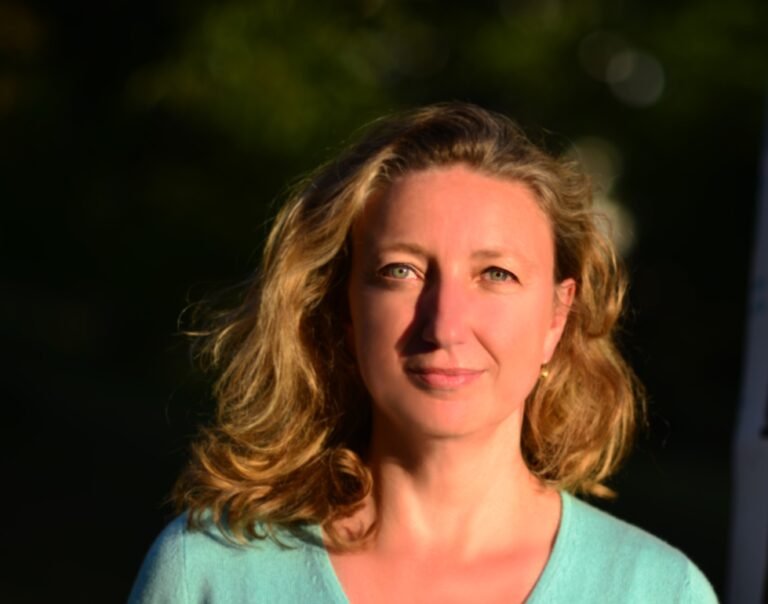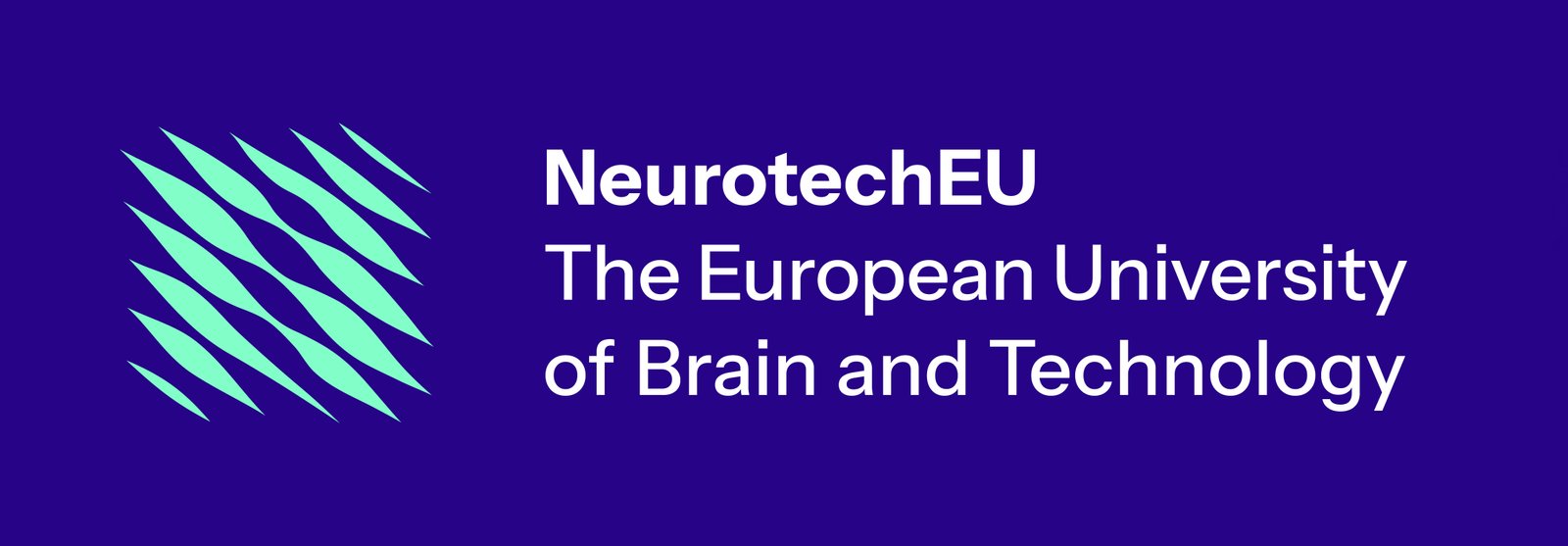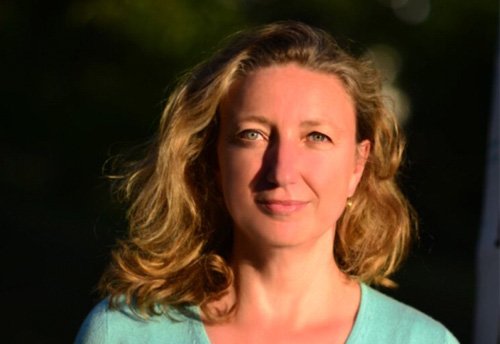Building Bridges for Neurotech Empowerment - Conversation with Sandra Speer
In the faces of NeurotechEU series, several people in the NeurotechEU and NeurotechRI alliance are interviewed to learn about their experiences and insights.
Empowering neurotechnology advancements became a key focus at the recent NTEU Summit in Turkey. Sandra Speer, the Head of the Transfer Center at the University of Bonn shares her view on the importance of collaboration.

Encouraging women to explore entrepreneurship can be challenging, but advancing equal opportunities and diversity in my field is also important to my work.
Sandra Speer
You are the head of the Transfer Center at the University of Bonn. How do you transform the future?
Although our organization is relatively young, established only three years ago, the Transfer Center at the University of Bonn offers a wide range of services for everyone, including students, researchers, and other university members. We focus on the entire innovation chain, from identifying innovative ideas and potential within larger research projects to patenting and intellectual property (IP) management. We also provide guidance for startup ideas and spin-offs. Our services cover the entire spectrum, from early-stage ideas to fully realized transfer projects. We aim to secure funding for projects so they can be tested for feasibility and, if viable, developed further and brought to market.
The University of Bonn is a large institution with a high level of research excellence. Around 33,000 students study with us in around 200 subject areas.
You collaborate with a diverse array of researchers and industry professionals. In certain sectors, like technology transfer, a noticeable gender imbalance persists, with men taking the lead. How do you navigate this landscape as a woman?
We find ourselves in a fortunate situation. Currently, we've initiated a unique program tailored explicitly to women entrepreneurs as part of a broader funding program in Germany. The University of Bonn proudly stands among the first ten German universities providing this program, aptly named 'EXIST Women'. It is for early-stage ideas and aims to inspire women to pursue their entrepreneurial aspirations.
While we have many women entrepreneurs and mixed-gender teams at our university, the proportion of women entrepreneurs still lags statistically behind their male counterparts. This disparity is partially attributed to the fields of study, with traditionally male-dominated disciplines like physics. Encouraging women to explore entrepreneurship can be challenging, but advancing equal opportunities and diversity in my field is also important to my work.
Your journey is quite diverse and fascinating. What is your story?
My background is in economics, and I initially worked as a consultant in the public sector for many years. I also had experience as a self-employed individual as well as entrepreneur, which gave me crucial practical insight into business development and entrepreneurship. At the same time, I have a deep understanding of the public sector, which aligns with my current role as a science manager. I've been working in science management for approximately ten years and have been involved in various third-mission activities. This journey has involved strategically setting up the transfer at the University of Applied Sciences and transitioning to my current role at the University of Bonn, where my current role is establishing and leading the Transfer Center.
My experience in science management spans a decade. It encompasses various activities, from identifying innovation and organizing focus groups to creating innovation labs and engaging in public outreach. My work covers the entire spectrum of activities related to the third mission, including moving from the initial innovation idea within research to real-world applications.
You've lived abroad for several years and worked extensively on EU projects. How has this international background impacted your role and ability to create synergies within the NeurotechEU project?
It has allowed me to gain insight into different cultural interpretations of approaches, practices, and strategies used in other countries, but most importantly, inside knowledge about the European Commission, EU Strategies, and Programs. Additionally, I have knowledge of different higher education traditions and good practices from countries with strong innovation traditions. It helps me identify where different universities' strengths lie, their priority, and how we can work together in NeurotechEU to create win-win situations. My international experiences enhance my ability to build bridges and develop networks.
The second phase of NeurotechEU will be more about helping innovations to become real, from the idea and the research to practical application. It is important to cultivate more synergies specifically geared toward innovation in neurotechnology and neuroscience. The participating Universities have complementary activities and collaborative opportunities that hold significant potential.
Regarding neurotech startups from the University of Bonn, could you highlight a project that you find particularly exciting?
The startup Neuro 11 uses a highly innovative and evidence-based brain training program. Leveraging neuroscience, it assists soccer players in optimizing their mental skills and shooting accuracy, particularly in high-stress situations such as direct free kicks, penalties, and corners.
This program exemplifies how interdisciplinary collaboration across different domains contributes to success. I believe that NeurotechEU is an excellent platform because it is inherently interdisciplinary, fostering further the development of such ideas.
What are the most intriguing questions that come to mind when you think about NeurotechEU?
One of my most significant inquiries revolves around the social acceptance of new technologies, particularly in neuroscience. Understanding how society perceives and embraces these technologies, encompassing various advancements is crucial.
Additionally, it raises critical questions about their social acceptance and ethical implications. We must consider not only what is technologically possible but also align with societal values and preferences. Ethical concerns are equally important, especially in a field like neurotechnology.
What message would you like to convey to your counterparts at other NeurotechEU universities who hold positions similar to yours?
I encourage them to collaborate and work together. Creating networks and fostering win-win situations is essential in our roles. Transfer activities often involve working with various stakeholders and finding innovative solutions through collaborations. Building bridges and creating synergies can lead to more effective outcomes. Let's work together towards the promising future of neurotechnology and neuroscience innovation.
By: Krisztina Csiba from the University of Debrecen

